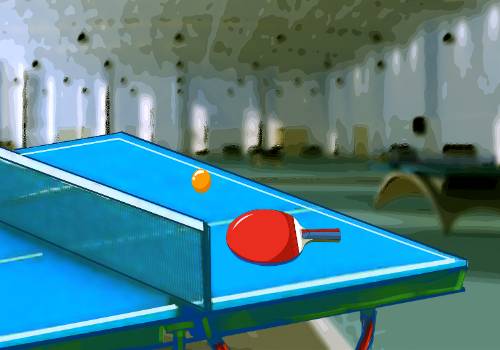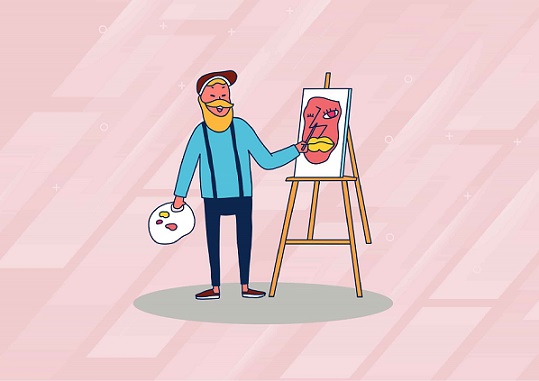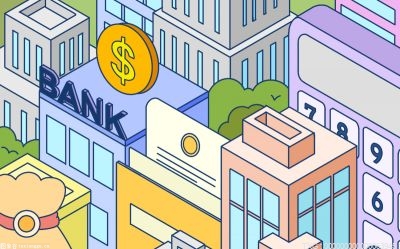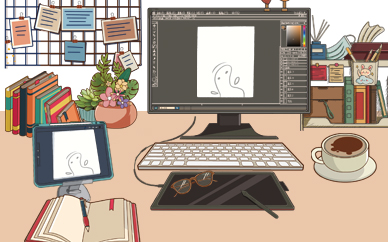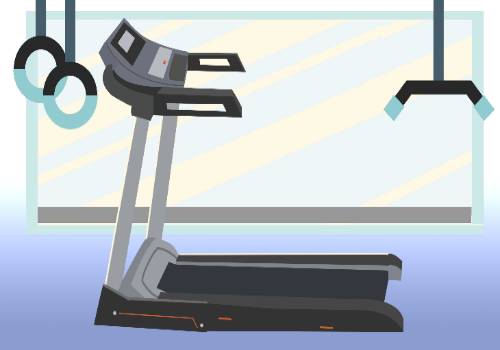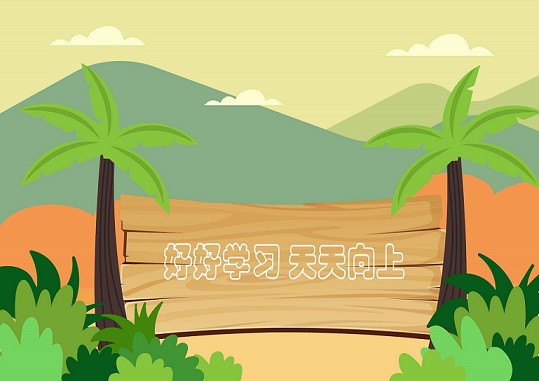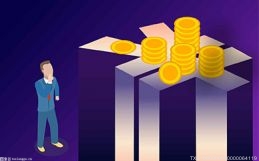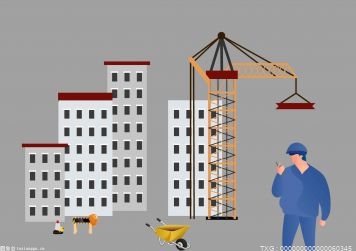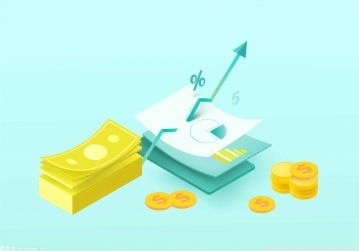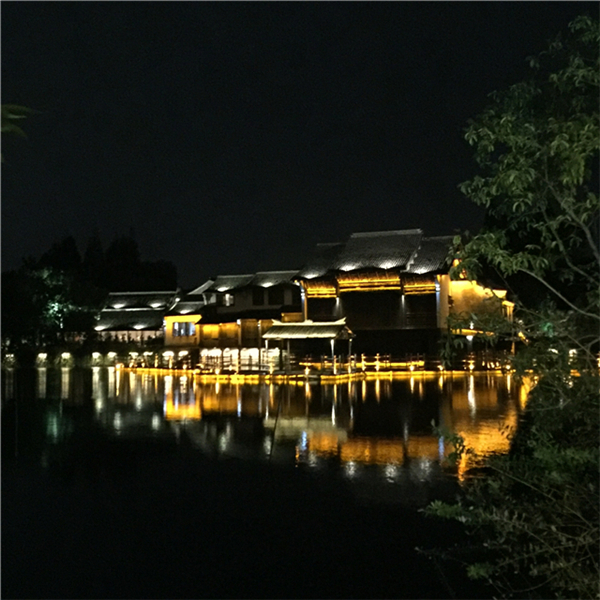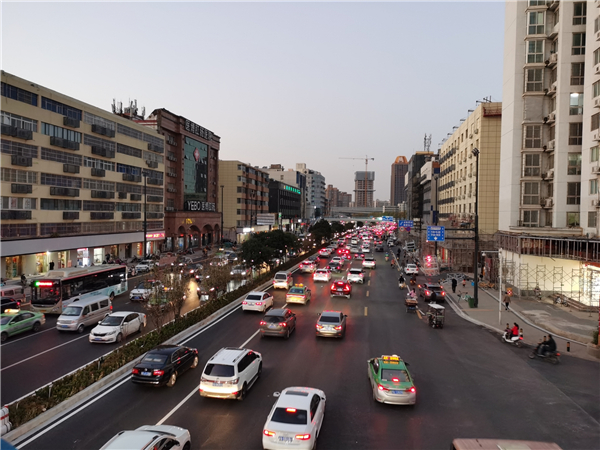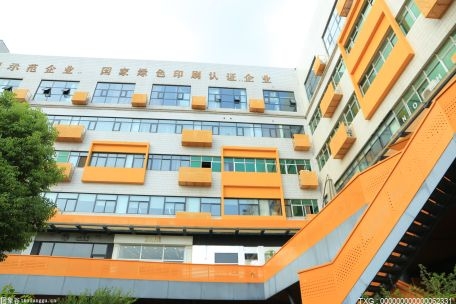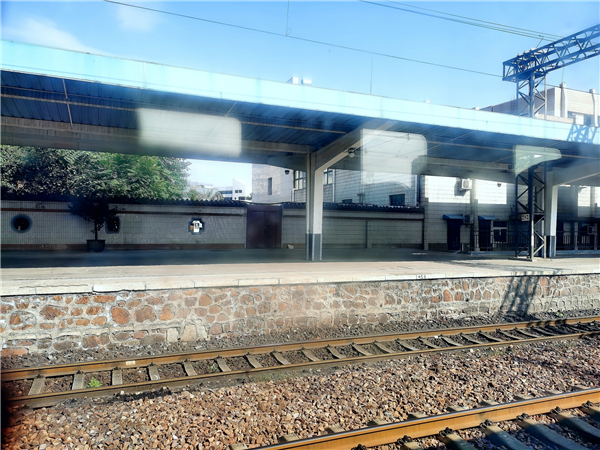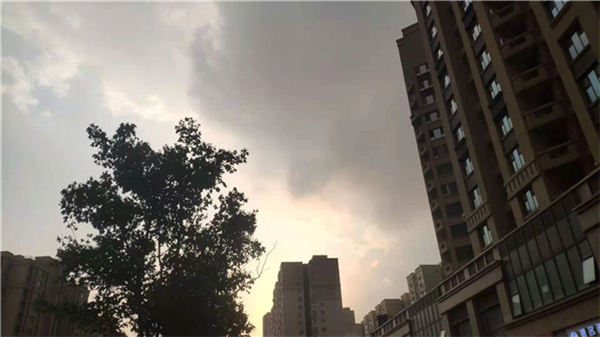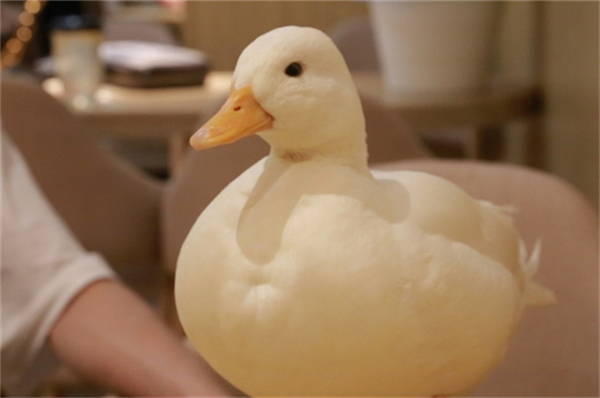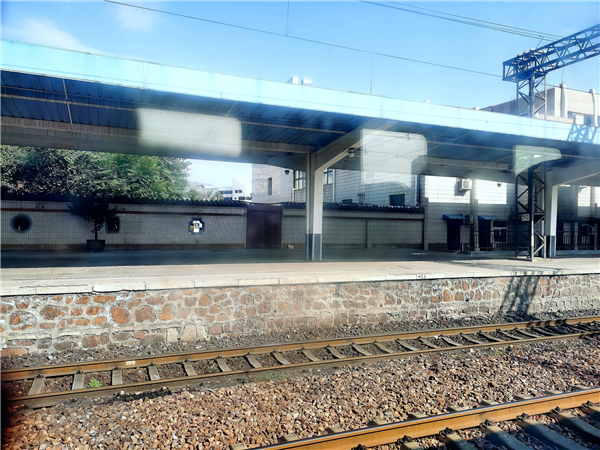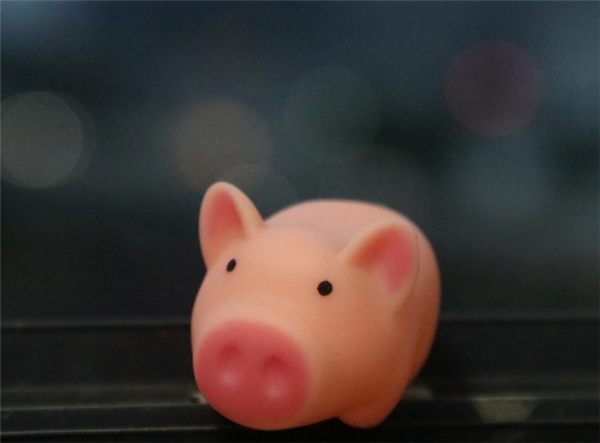《经济学人》双语:埃及脱口秀演员在美国讲笑话?
 (相关资料图)
(相关资料图)
原文标题:Comedy and exileToo funny by half Run out of Egypt for his jokes, Bassem Youssef is still making people laugh喜剧与流亡过于搞笑由于讲笑话,巴塞姆·尤瑟夫被埃及当局驱逐出境,但他仍在讲笑话Laughter in the darkA pioneer of political satirein Arabic has become an English-speaking stand-up comic黑暗中的笑声一位阿拉伯政治讽刺先锋已成为一名讲英语的脱口秀演员[Paragraph 1]AS BASSEM YOUSSEF, an Egyptian comedian, saunteredonto the stage at the Royal Festival Hall in London on March 9th, members of the audience filmed his entrance. 3月9日,当埃及喜剧演员巴塞姆·尤瑟夫走上伦敦皇家节日音乐厅的舞台时,观众们纷纷拍摄他的入场。No matter that they had been told repeatedly to put their phones away. “You guys just don’t listen to instructions,” chastisedMr Youssef. “It’s because of people like you we don’t get visas here.”尽管观众们已经被反复告知要把手机收起来。尤瑟夫责备道:“你们就是不听指示。就是因为像你们这样的人,我们才拿不到签证。”
[Paragraph 2]The largely Egyptian audience roared with laughter. For many of the puntersat his show, Mr Youssef is an icon. 这场演出的观众大多是埃及人,他们爆发出阵阵笑声。对于他的许多观众来说,尤瑟夫是一个偶像。He was one of the first people in the Arab world to host a political-satire show on television. 他是阿拉伯世界第一批在电视上主持政治讽刺节目的人之一。A decade ago, during his Friday-night slot, generations of Egyptian families would huddle round screens to watch him; the streets of Cairo fell silent. 十年前,在周五的晚间时段,埃及家庭里的几代人会围在电视屏幕前观看他的节目;开罗一时万人空巷。Here, in a prestigiousauditorium in London, things were different. Mr Youssef, known for his tongue-in-cheekArabic humour, was performing almost entirely in English.而在伦敦这个著名的礼堂里,情况有所不同。以半开玩笑的阿拉伯幽默而闻名的尤瑟夫,几乎完全用英语表演。[Paragraph 3]His career in comedy began in 2011, during the Arab spring. Previously a heart surgeon, Mr Youssef began filming political satire in his laundry room and posting it to YouTube. 他的喜剧生涯始于2011年的阿拉伯之春。尤瑟夫原本是一名心脏外科医生,他开始在自己的洗衣房里拍摄政治讽刺视频并将其上传到油管上。He was funny—dangerously funny. A big television network snapped him up and broadcast his show, “The Programme”.他很有趣——危险地有趣。一家大型电视网络抢先签下了他,并播出了他的节目《The Programme》。At its peak it had between 30m and 40m viewers each week, more than a third of Egypt’s entire population.在节目的巅峰时期,每周有3000万至4000万观众收看,超过了埃及总人口的三分之一。[Paragraph 4]In 2013 Abdel-Fattah al-Sisi came to power in a coup. The military dictator did not consider satire a laughing matter, particularly when the jokes were on him. 2013年,阿卜杜勒-法塔赫·塞西通过政变上台。这位军事独裁者并不认为讽刺是件搞笑的事,特别是当搞笑的对象是他本人时。Mr Youssef’s humour was blocked from the airwaves; he received death threats. Eventually he fled, making his way to America.尤瑟夫的节目在广播中被禁;他还收到了死亡威胁。最终,他逃离了埃及,前往美国。[Paragraph 5]He did not know what he would do next, he says now. “The Programme” had been a product of those brief years of revolution. 他说,那时候他不知道接下来要做什么。《The Programme》是那短暂的革命岁月的产物。A version of the show made in exile would be a pale replica of the original. In the end he decided on a complete reinvention. 在流亡中制作的节目版本将是原版的苍白复制品。最终,他决定进行彻底的改变。Four years ago, he set out to become an English-speaking stand-up comedian.4年前,他开始成为一名讲英语的单口喜剧演员。[Paragraph 6]Doctor, doctor医生,医生It wasn’t easy. A new language came with new cultural references, and at its own pace. 这并不容易。新的语言有着新的文化素材,且有着自己的节奏。“I discovered that the hard way,” recalls Mr Youssef. “There were nights when I did terribly [on stage] because I couldn’t find that rhythm.” But he has now mastered his craft. 尤瑟夫回忆道:“我是通过一点点摸索才学会的,有些晚间时段,我在舞台上表现得很糟糕,因为我找不到那种节奏感。”但他现在已经掌握了这门技艺。The acutely observed material in his new show, “Adam”—now bound for New York after a European tour—is a culmination of those laboriousyears.他新节目《亚当》中那些精心观察到的材料——在欧洲巡演后即将前往纽约时——是那些辛苦岁月的结晶。[Paragraph 7]Besides the language of its delivery, “Adam” differs from Mr Youssef’s revolution-era comedy in two main ways. 除了表达方式的语言外,尤瑟夫的《亚当》与革命时期喜剧节目的不同点主要体现在2个方面。The first is its purpose. When he began wisecrackingin 2011, he hoped his jokes would serve as a remedy to fear in febriletimes. 第一个不同点是它的目的。当2011年他开始讲段子时,他希望他的段子能在紧张时期成为人们缓解恐惧的解药。Now his aim is to illuminate the experience of the Arab diaspora in the West (taking friendly jabs at stereotypical Egyptian behaviour along the way). 现在他的目标是阐明阿拉伯侨民在西方的人生经历(顺便对典型的埃及行为进行友好的调侃)。“In America we are a newer group of immigrants, compared to Asians or Latinos,” he explains. “It’s important that we tell our stories, instead of just talking to each other.”他解释说:“与亚裔或拉丁裔美国人相比,我们是一个相对较新的移民群体,重要的不仅仅是彼此交流,我们还需要讲述我们自己的故事。”The second change is his newly direct style. 第二个不同点是他现在的表达方式很直接。[Paragraph 8]For all that, one thing remains the same: Mr Youssef’s life in America is still bound by limitations, albeit of a different kind from the old constraints in Egypt. 尽管如此,有一件事仍然保持不变:尤瑟夫在美国的生活仍然受到限制,尽管这种限制与曾在埃及时的限制不同。To illustrate that point during the show, he tells the story of an Arabic-speaking woman who was detainedat an airport for saying the word inshallah (“God willing”) on the phone before boarding a plane. 为了说明这一点,他在节目中讲述了一位说阿拉伯语的女士的故事,她因登机前在电话中说了句“inshallah”(“上帝保佑”)就被拘留在了机场。In practice, he explained to the non-Arabic-speaking listeners in the room, inshallah means “it’s never going to happen” (the Arabs in the audience chuckled knowingly at this paraphrase).他向现场不会说阿拉伯语的观众解释道,在实际生活中,inshallah的意思是“永远不会发生”(观众席里的阿拉伯人听到这个解释后都心领神会地笑了)。[Paragraph 9]Along with some experiences of his own, this anecdotemade Mr Youssef realise that, to some extent, he would still have to police his own behaviour in the “free world”. 除了自己的一些经历外,这个奇闻逸事使尤瑟夫意识到,在某种程度上,他仍然需要在“自由世界”中保持自我约束。The only place he does not have to do this is on stage. Will he ever escape such strictures? There is hope, he says. But with a caveat: “Inshallah.” 唯一不需要这样做的地方是舞台。他到底能否摆脱这些束缚?他说有希望,但有一个前提:“上帝保佑。”(恭喜读完,本篇英语词汇量716左右,有删减)原文出自:2023年4月1日《The Economist》Culture版块。
精读笔记来源于:自由英语之路
本文翻译整理: Irene
本文编辑校对: Irene仅供个人英语学习交流使用。
【补充资料】(来自于网络)Bassem Youssef 是一位埃及喜剧演员、作家、制片人、外科医生、媒体评论家和电视主持人。他主持了一档名为《El-Bernameg》(The Show)的讽刺新闻节目,2011年开始,2014年禁播。他的节目在埃及受到了广泛的关注,但也因为批评政府而引起了争议。他被称为是美国喜剧演员Jon Stewart的埃及版。【重点句子】(3 个)A version of the show made in exile would be a pale replica of the original. In the end he decided on a complete reinvention. 在流亡中制作的节目版本将是原版的苍白复制品。最终,他决定进行彻底的改变。The first is its purpose. When he began wisecracking in 2011, he hoped his jokes would serve as a remedy to fear in febrile times. 第一个不同点是它的目的。当2011年他开始讲段子时,他希望他的段子能在紧张时期成为人们缓解恐惧的解药。Along with some experiences of his own, this anecdote made Mr Youssef realise that, to some extent, he would still have to police his own behaviour in the “free world”. 除了自己的一些经历外,这个奇闻逸事使尤塞夫意识到,在某种程度上,他仍然需要在“自由世界”中保持自我约束。
X 关闭



